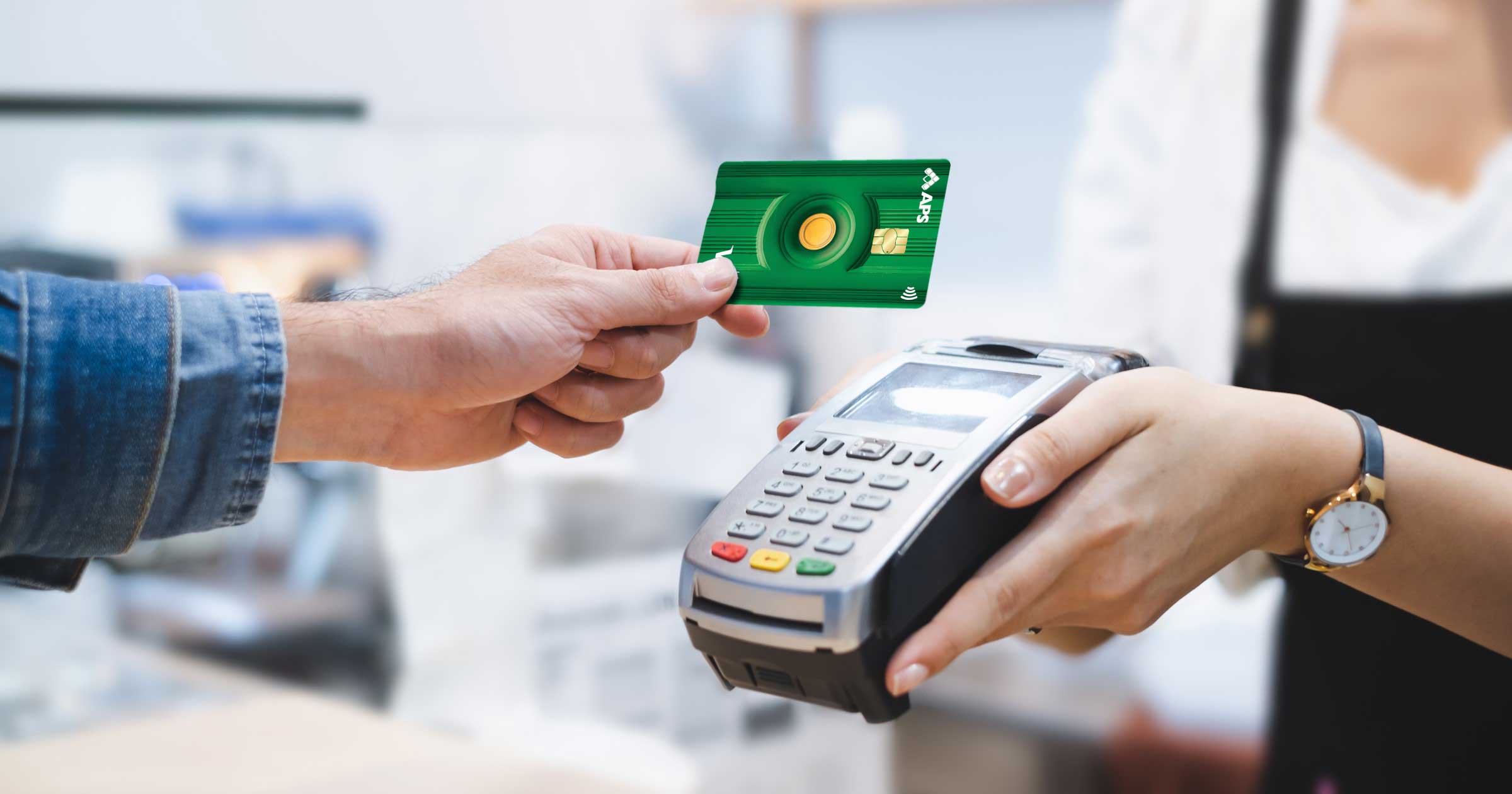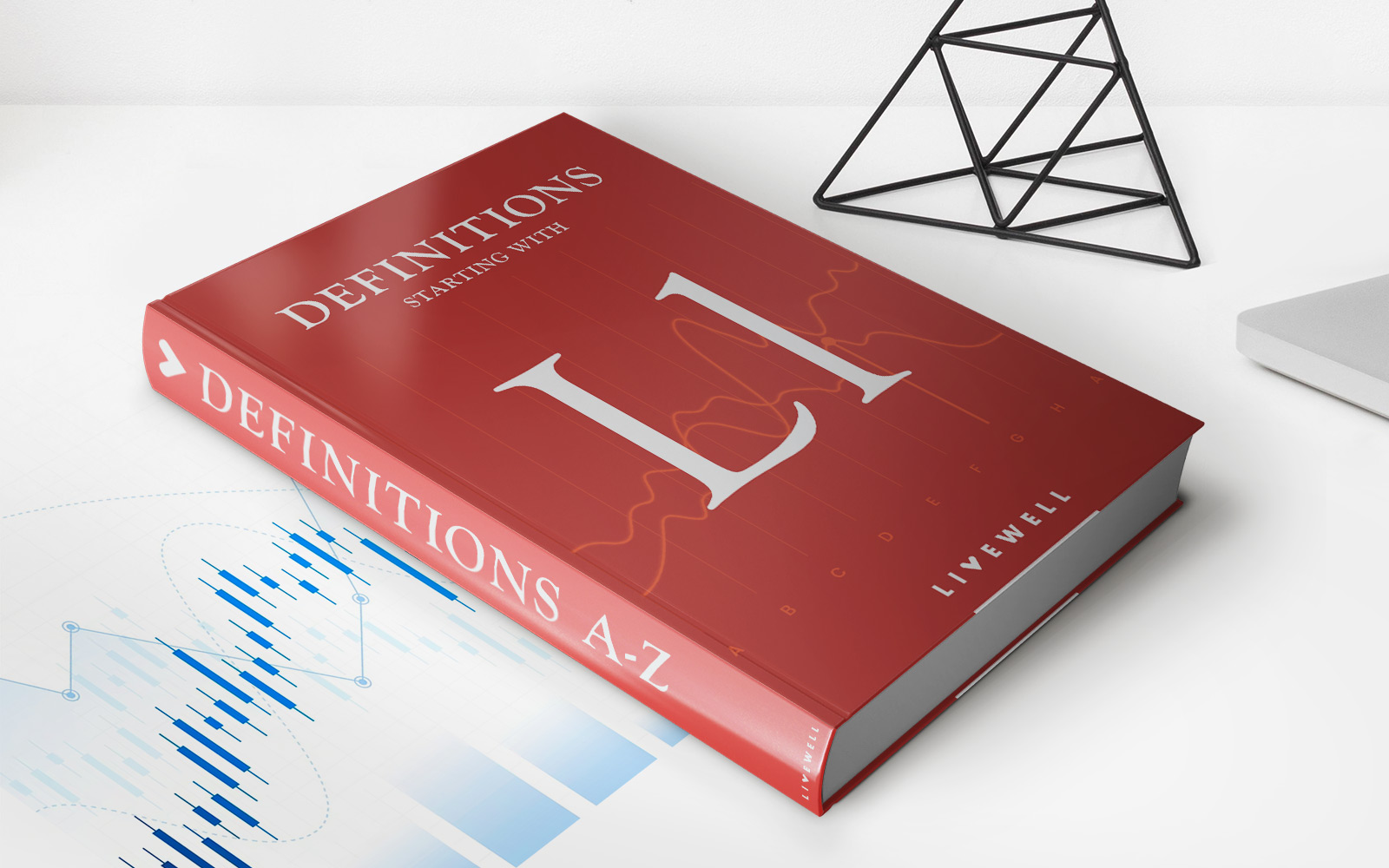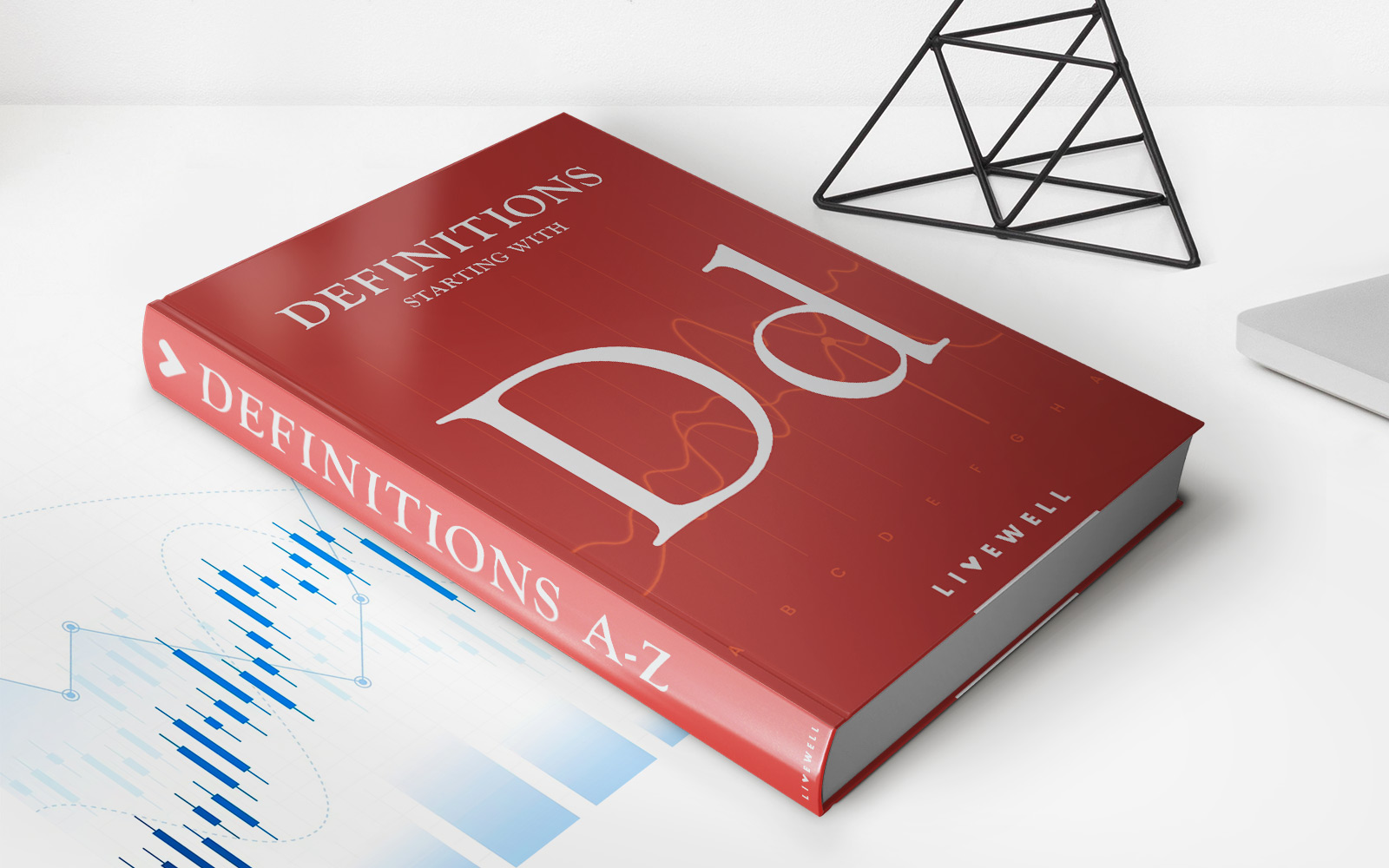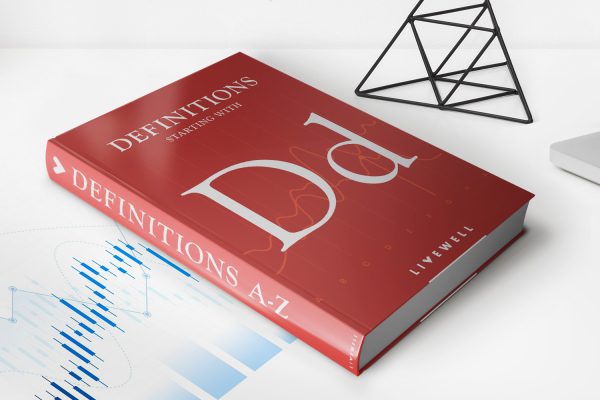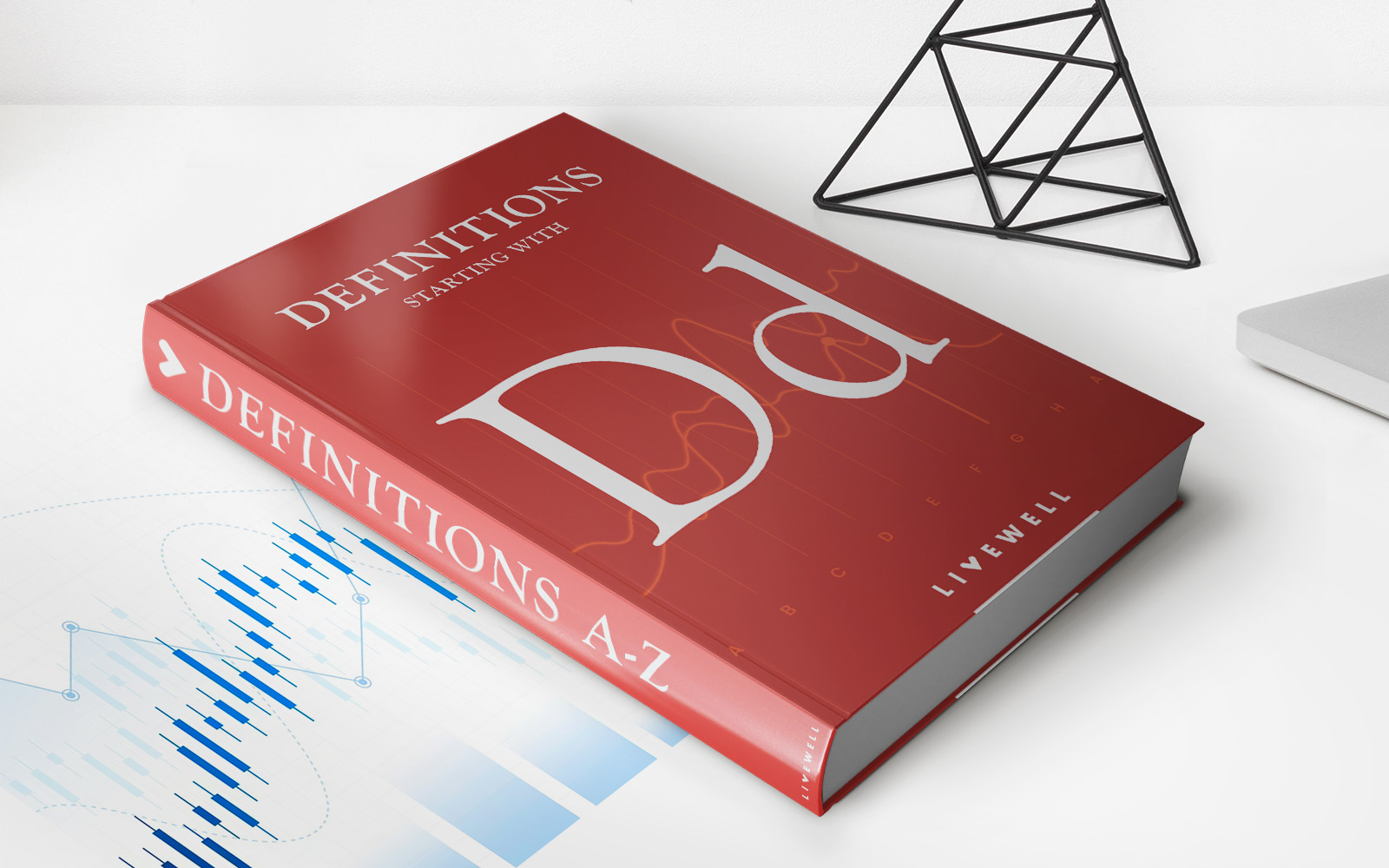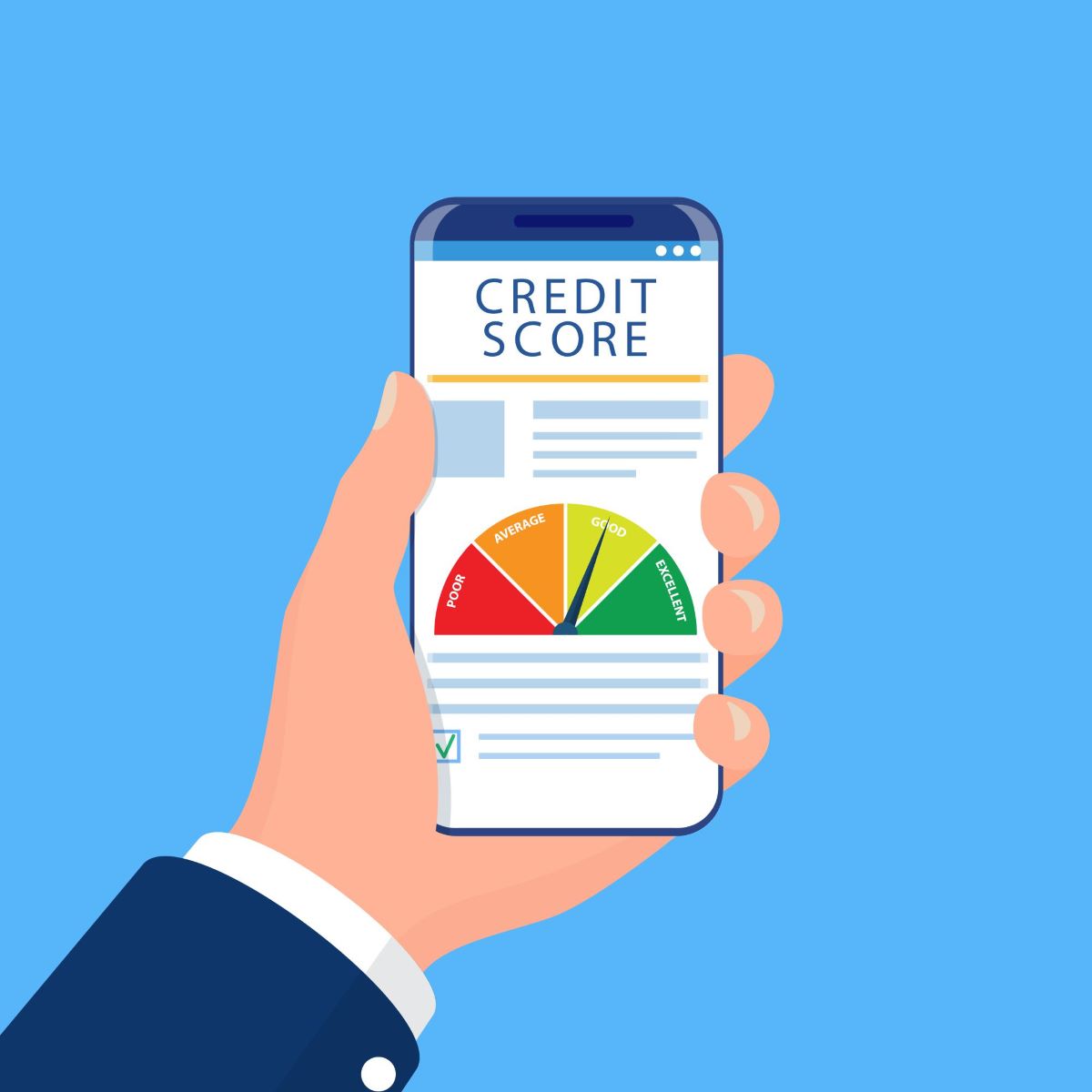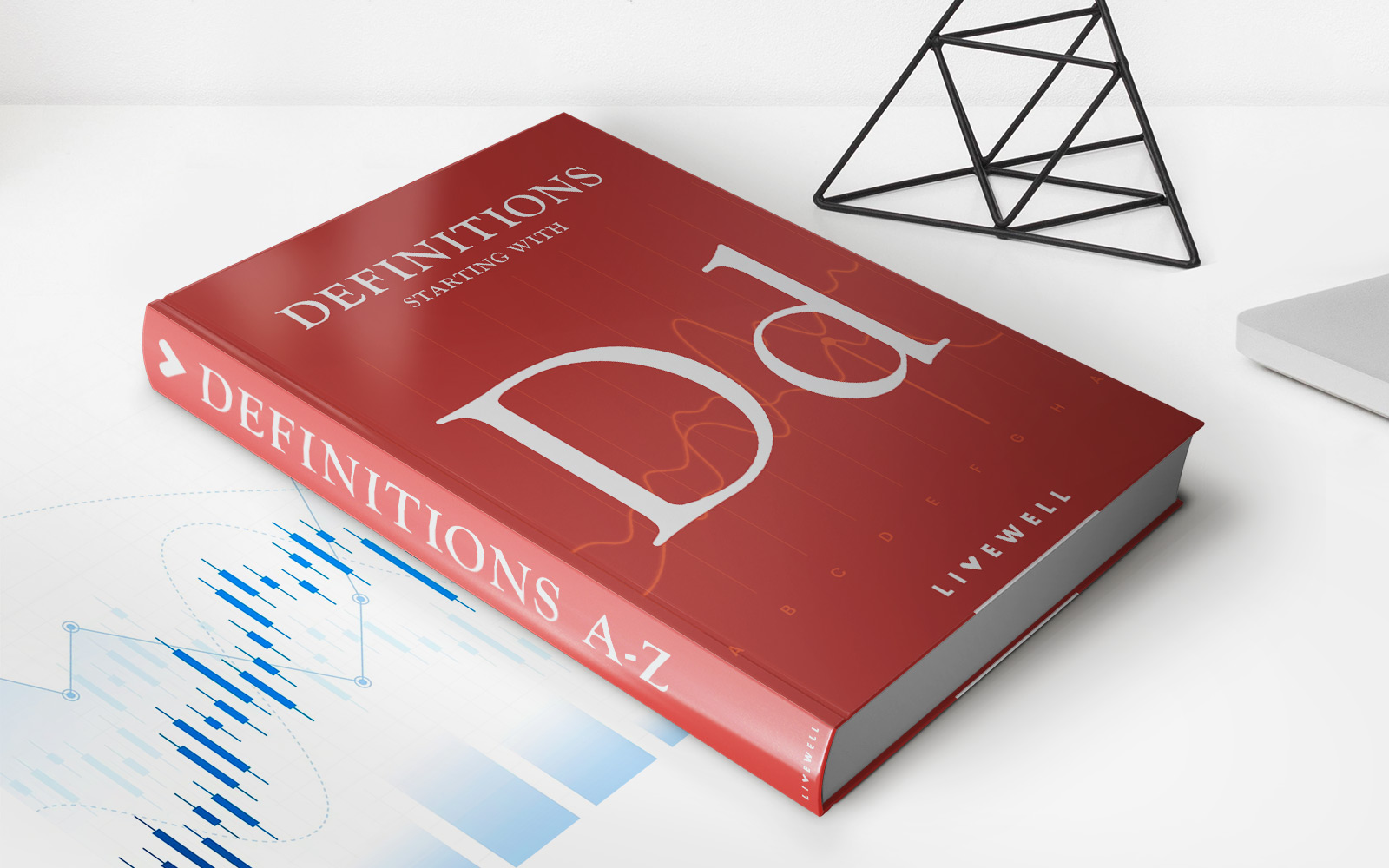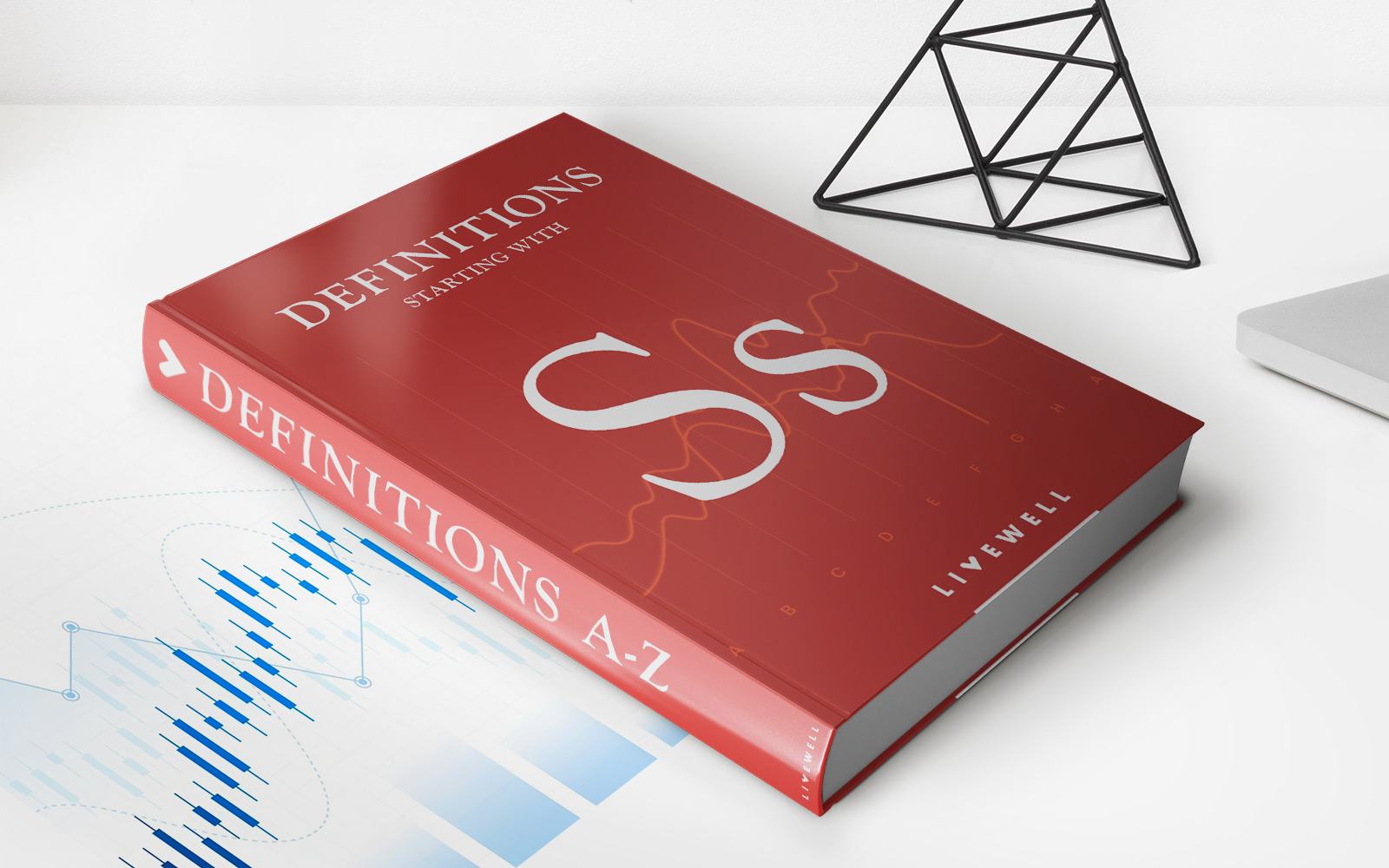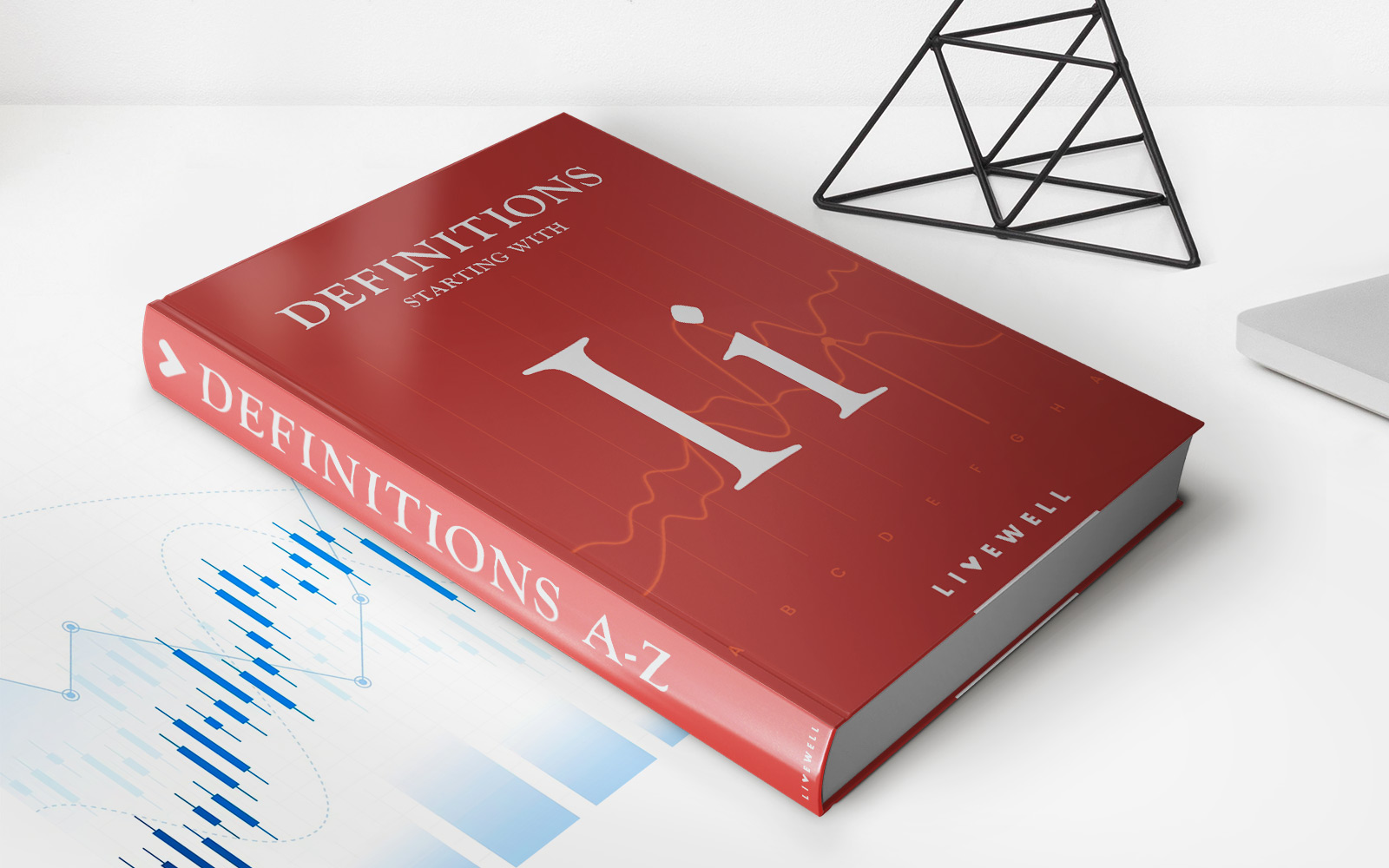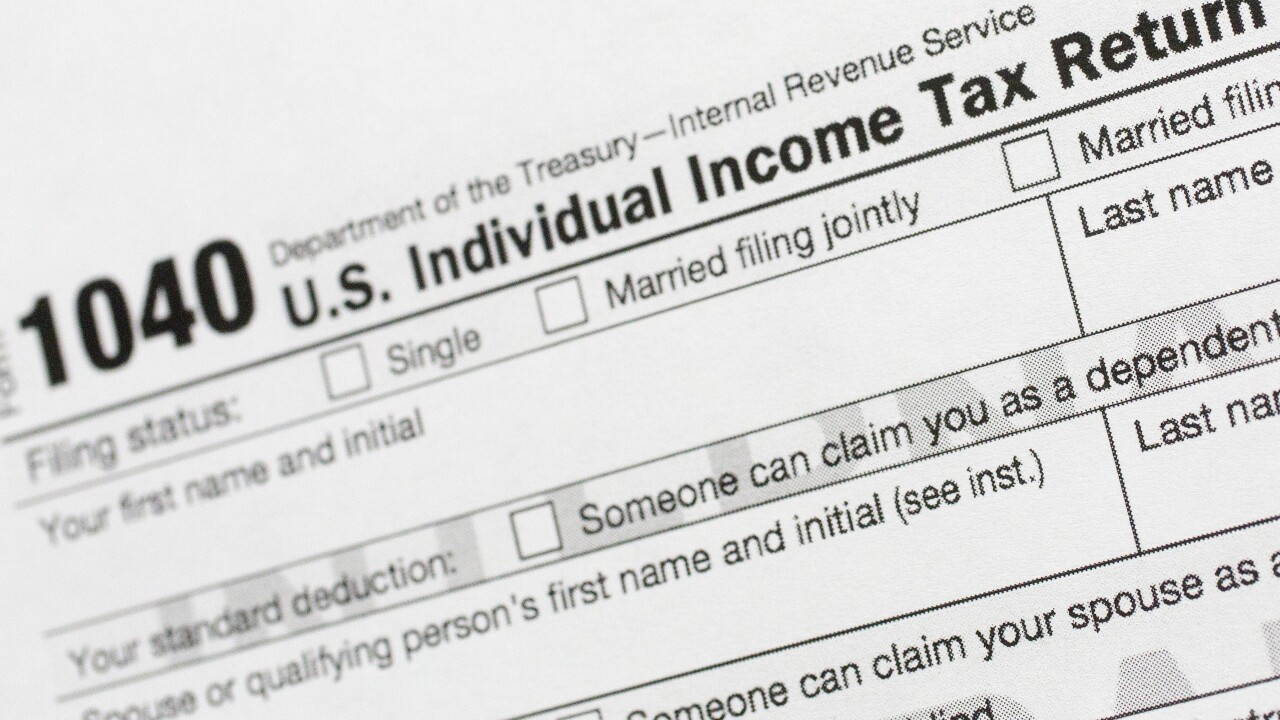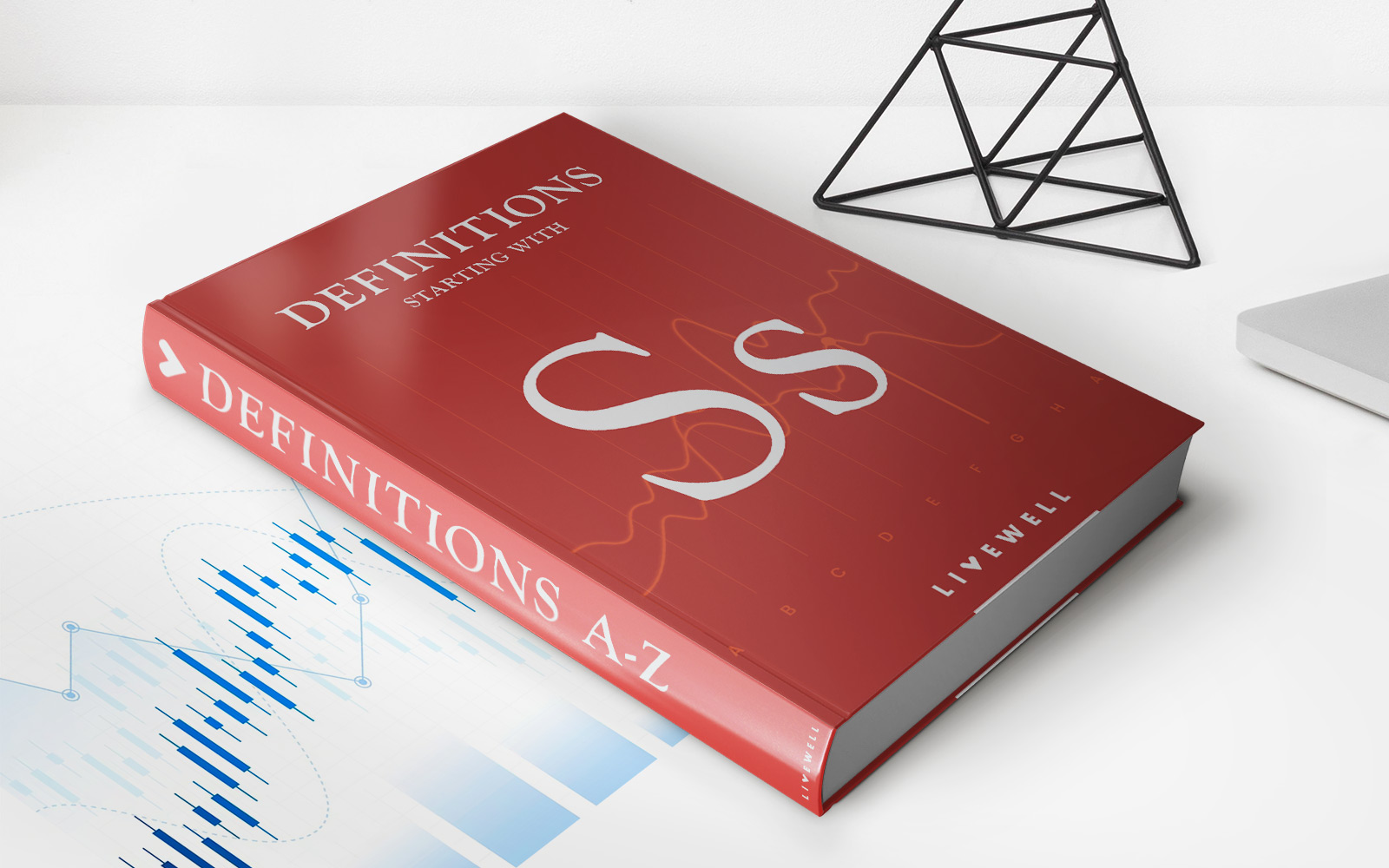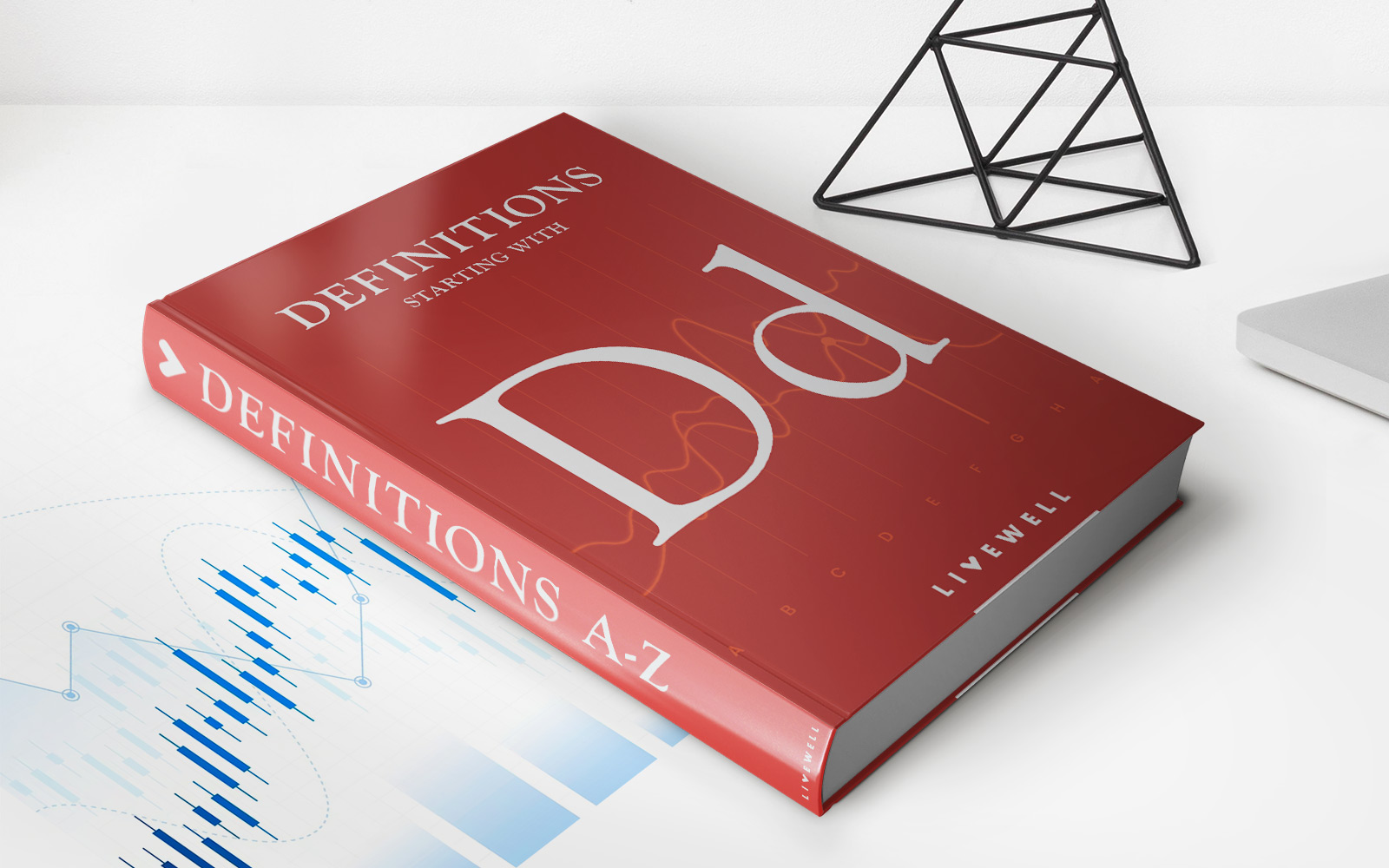

Finance
Debit: Definition And Relationship To Credit
Published: November 8, 2023
Learn the definition of debit in finance and its relationship to credit. Explore the fundamental concepts of finance in this comprehensive guide.
(Many of the links in this article redirect to a specific reviewed product. Your purchase of these products through affiliate links helps to generate commission for LiveWell, at no extra cost. Learn more)
Understanding Debit: Definition and Relationship to Credit
When it comes to managing your finances, understanding the difference between debit and credit is crucial. These two terms play a significant role in our everyday financial transactions. In this article, we will explore the definition of debit and its relationship to credit, providing you with a clear understanding of how they work and how they can impact your financial well-being.
Key Takeaways:
- Debit represents funds being withdrawn from your bank account, usually through a transaction like using a debit card or writing a check.
- Credit, on the other hand, represents the amount owed to a lender or creditor.
Now, let’s dive deeper into the world of debit and credit:
1. Debit: Where Does the Money Go?
Debit is commonly associated with transactions where funds are withdrawn from your bank account. Here’s how it works:
- Debit cards: When you use a debit card for a purchase, the amount is immediately deducted from your checking or savings account.
- ATM withdrawals: Withdrawing money from an ATM using your debit card will result in an immediate decrease in your available balance.
- Checks: Writing a check is another way to authorize a debit transaction. The check amount will be debited from your account once it is cashed or processed.
Debit transactions offer the convenience of accessing your available funds without accruing any debt, as you are using the money you already have. However, it’s important to ensure that you have enough funds in your account to cover the transaction, as overdrawing your account can result in fees and other financial consequences.
2. Credit: The Owing Game
Credit, on the other hand, represents the amount owed to a lender or creditor. Here’s a closer look at how credit works:
- Credit cards: When you make a purchase using a credit card, you are essentially borrowing money from the credit card issuer. The purchase amount is added to your outstanding balance, and you are required to pay it back at a later date, typically with interest.
- Loans: Whether it’s a student loan, auto loan, or mortgage, when you borrow money from a financial institution, you are entering into a credit agreement. The borrowed amount is considered a debt, and you are required to make periodic payments to repay the loan over time, including any interest charges.
Unlike debit transactions, credit allows you to make purchases even if you don’t have the funds readily available. However, it’s important to remember that any outstanding balance will accumulate interest charges if not paid off in full by the due date.
Having a good understanding of the relationship between debit and credit is essential for managing your finances wisely. By keeping track of your debits and credits, you can maintain a balanced financial life and avoid unnecessary debt or fees.
Remember, using debit responsibly can help you stay within your means and only spend the money you have. Meanwhile, making informed decisions about credit usage can help you build a positive credit history and achieve your long-term financial goals.

